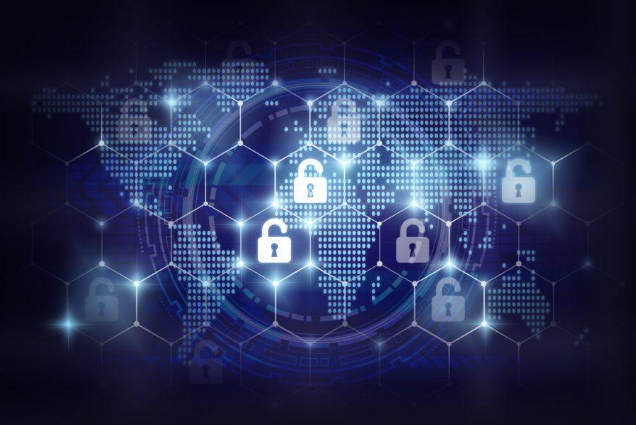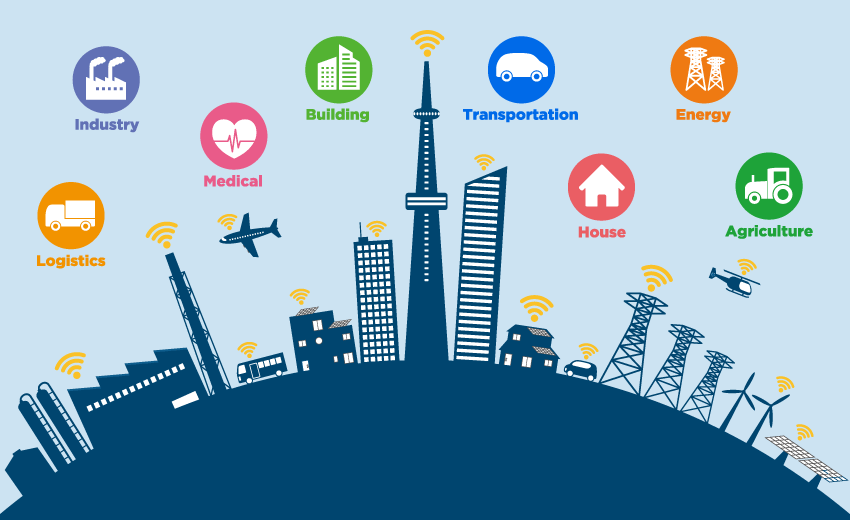The Rise of Smart Cities and Their Security Risks
Smart city security is no longer a futuristic concern. As urban areas adopt IoT (Internet of Things) devices, AI (Artificial Intelligence) systems, and integrated platforms to manage transportation, utilities, and public safety, cybersecurity becomes a mission-critical issue. While smart infrastructure enhances efficiency and sustainability, it also creates new points of vulnerability.
What Makes Smart Cities Vulnerable?
Unlike traditional IT systems, smart cities rely on interconnected devices such as traffic lights, surveillance cameras, energy meters, and even trash bins, which transmit data in real time. Each connection represents a potential attack surface. Without strong security measures in place, a hacker could potentially disrupt entire city functions.
Recent Incidents as Wake-Up Calls
Cities around the world have experienced cyberattacks with serious consequencesFrom ransomware attacks on municipal servers to breaches in traffic control system. These incidents highlight the urgent need to protect smart infrastructure before threats escalate further.
Understanding the Scope of Smart City Security
Core Areas of Concern
Cybersecurity plays a vital role in smart cities in five key areas:
- Public Safety Systems (e.g., emergency response networks)
- Critical Infrastructure (e.g., water, energy, and transportation)
- Data Collection Platforms (e.g., sensors and IoT devices)
- Communication Networks (e.g., 5G and city-wide Wi-Fi)
- Citizen Services (e.g., smart ID systems and payment platforms)
All of these requires different levels of protection but must function as part of a secure ecosystem.
The Role of AI and Automation
Many smart cities use AI for monitoring and automation purposes. While these systems are powerful, they must be protected to avoid manipulation. If algorithms are altered or trained on biased data, the systems can malfunction or become systemically inefficient.
How Cities Can Strengthen Their Cybersecurity Framework
Build Security by Design
Security should never be an afterthought. Every device, platform, and data stream must be developed with protection in mind. Encryption, access controls, and secure coding practices should be standard from the start.
Segment Critical Systems
Separating high-risk systems such as power grids,from lower-risk ones, such as public Wi-Fi networks, prevents attackers from moving laterally once they breach one point. Network segmentation is a basic yet powerful strategy.
Update and Monitor Continuously
As threats evolve rapidly, smart cities must maintain continuous system monitoring. Using tools that offer real-time threat detection and automated response can help to stop attacks before they spread.
Smart City Security: A Shared Responsibility
Government and Tech Partnerships
In order to implement best-in-class security practices, governments must collaborate with tech companies. Public-private partnerships are essential in building resilient and future-proof solutions.
Citizen Awareness and Education
Even with robust infrastructure, human error can lead to data breaches. Cities must run awareness campaigns to educate citizens about phishing, data privacy, and how to use digital services safely.
Looking Ahead: Anticipating Future Threats
Quantum Computing and AI-Based Attacks
Emerging technologies like quantum computing could render current encryption methods obsolete. At the same time, AI-powered attacks are becoming more sophisticated, capable of bypassing conventional security protocols.
Zero Trust Architecture as the Future
Cities are beginning to adopt zero-trust models, where no user or device is automatically trusted. Every connection must be verified, minimizing the risk of internal breaches.
Final Thoughts
Smart city security is not optional, it is fundamental . As urban areas evolve and adopt digital transformation, it is essential to ensure the safety and integrity of their systems is essential to maintainn both resilience and public trust.
MTi Arabia is committed to empowering cities with secure, scalable, and smart infrastructure. As threats evolve, so must our defenses.Contact our team to explore how we can help you build safer smart city environments.



